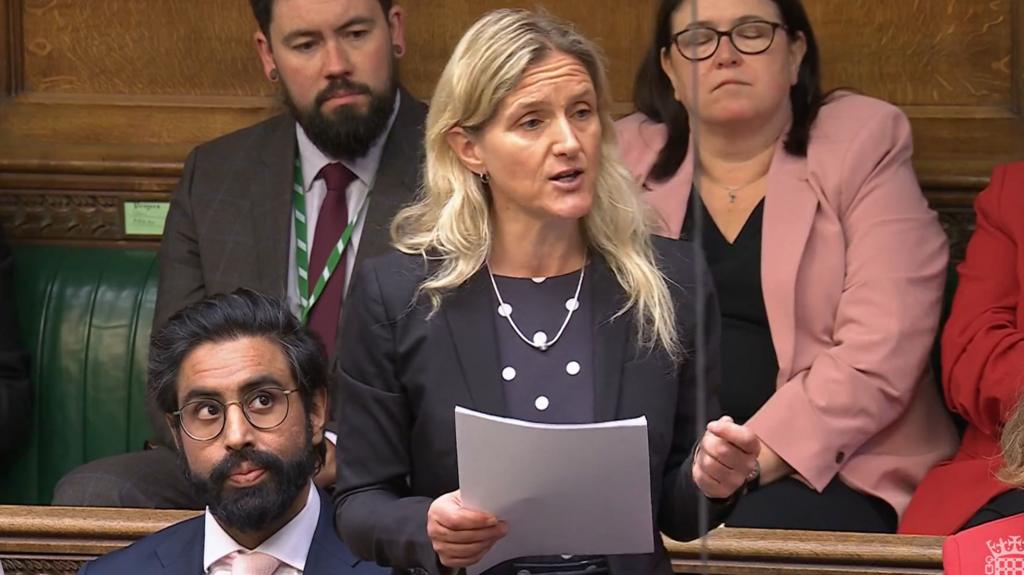Proposed legislation in England and Wales aims to permit assisted dying for terminally ill adults with a life expectancy of six months or less. The bill, having cleared its initial House of Commons hurdle last November, has undergone extensive scrutiny, with numerous amendments debated.
Recent parliamentary discussions focused on key modifications, including a crucial amendment ensuring no individual would be compelled to participate in assisted dying procedures, regardless of their profession (including medical staff, social workers, and pharmacists).
Further debate and voting are scheduled for June 13th, culminating in a decision on whether the bill advances to the next stage. The government maintains a neutral stance, granting MPs a free vote based on conscience rather than party affiliation.
Supporters highlight the bill’s strengthened safeguards, emphasizing the alleviation of suffering for terminally ill individuals and their families. Conversely, opponents argue the bill’s progression is too hasty and lacks sufficient protection against coercion of vulnerable individuals. They advocate for enhanced end-of-life care as a more effective solution.
The debate witnessed moments of tension, with accusations of “scaremongering” and “blatant lies” levelled against opponents. Concerns were raised regarding potential pressure on patients to avoid being a “burden,” and the possibility of individuals with anorexia being inappropriately deemed eligible. Amendments are being considered to address this latter concern.
Significant changes since the bill’s introduction include the removal of High Court judge oversight, replaced by a panel of experts. The ongoing debate reflects the deep division within Parliament, although the number of MPs changing their stance remains relatively small. If passed, the legislation would represent a landmark shift in English and Welsh law, legalizing a practice currently prohibited.
A parallel bill in Scotland has also recently passed its first vote, indicating a broader societal shift in this complex and emotionally charged debate. The ongoing parliamentary process will continue to be closely watched as a pivotal moment in end-of-life care policy.
Terminally Ill Adults (End of Life) Bill
Parliamentary committee scrutiny
Removal of High Court judge requirement
Sign up for our Politics Essential newsletter

